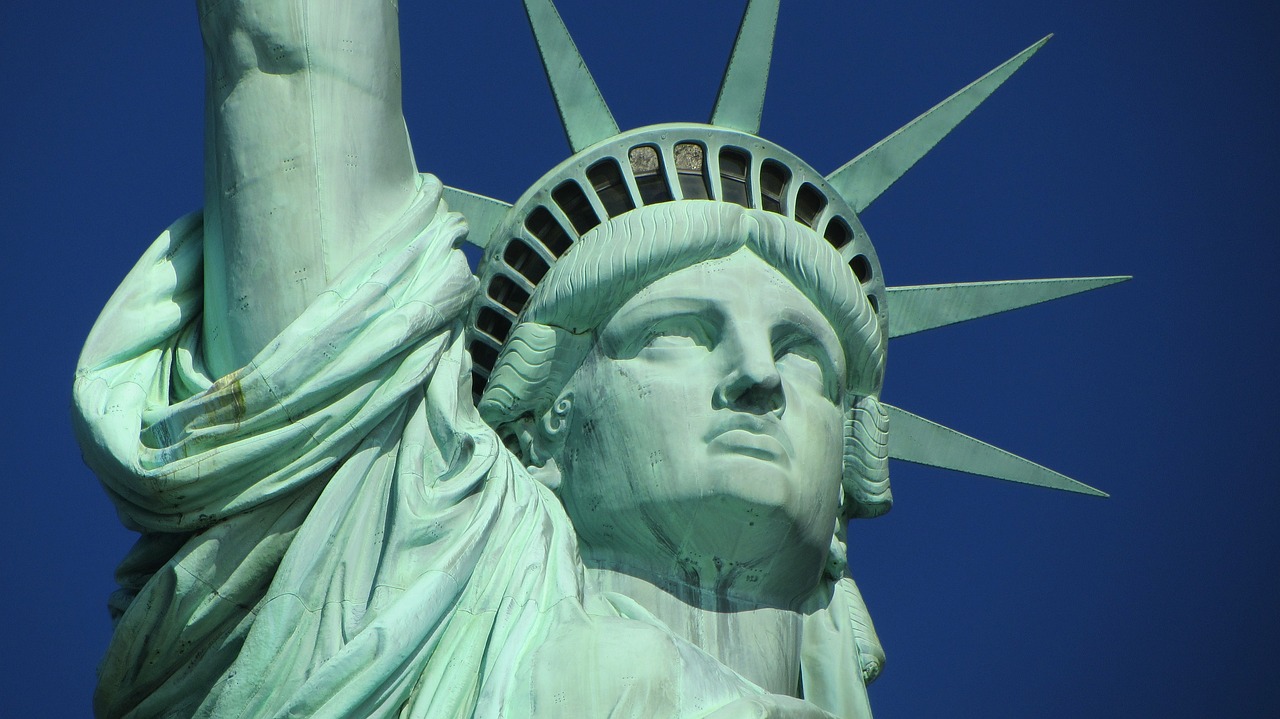 New changes to the H-1B work visa program are coming on January 17, 2025.
New changes to the H-1B work visa program are coming on January 17, 2025.
A new final rule published by the Department of Homeland Security (DHS) in the Federal Register lays out some of the critical changes that H-1B beneficiaries and U.S. employers can expect. These changes will become effective on January 17, 2025, just three days before the inauguration of Donald Trump.
While we do not know whether these changes will be overturned or modified by the Trump administration, it is important for both employers and beneficiaries to be aware of them.
Highlights of the Final Rule
- Modernizes the definition and criteria for H-1B specialty occupations
- Introduces cap-gap protections for F-1 students seeking a change of status to H-1B
- Streamlines the processing of applications for individuals who were previously approved for an H-1B visa
- Allows H-1B beneficiaries with a controlling interest in the petitioning organization to be eligible for H-1B status subject to certain conditions (such as founders and entrepreneurs)
- Clarifies that employers must have a legal presence in the United States
 Visa Lawyer Blog
Visa Lawyer Blog










